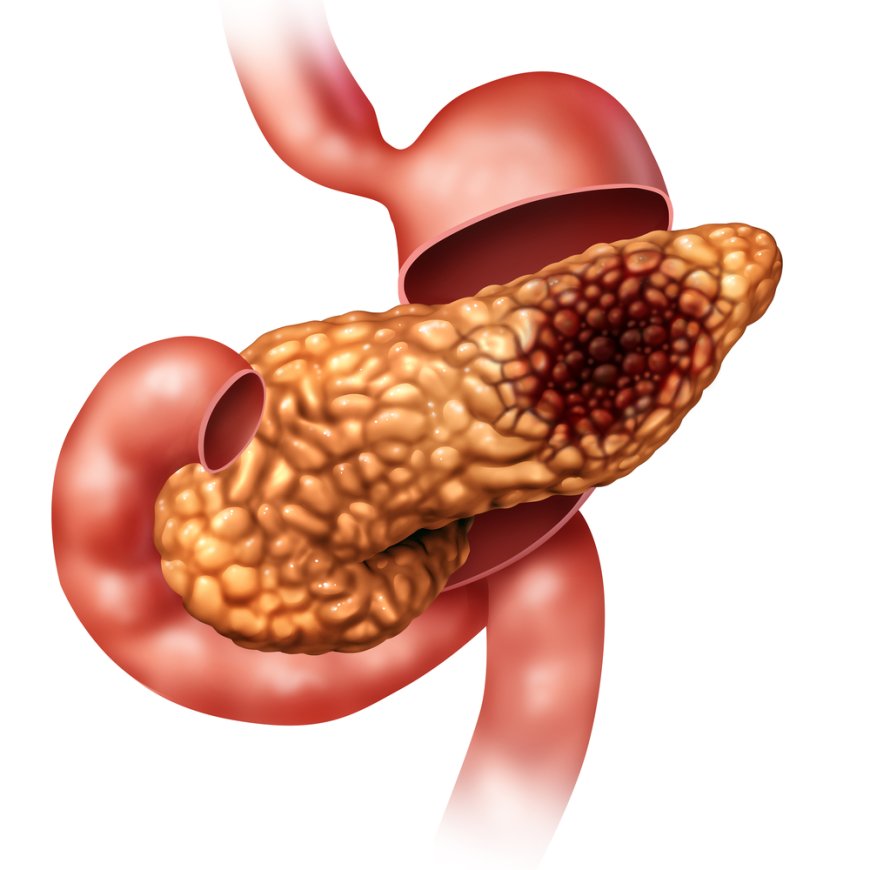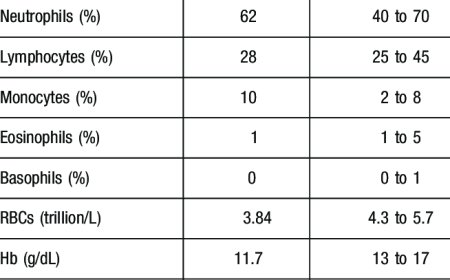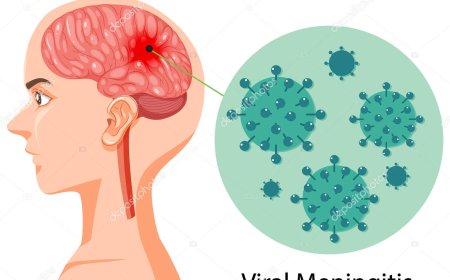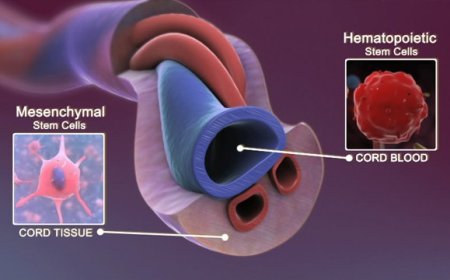pancreatic cancer

Introduction:
Pancreatic cancer is a serious disease that affects people in India and around the world. It's essential to learn about it to stay informed and take steps towards prevention. In this article, we will explore what pancreatic cancer is, its signs and symptoms, different types, risk factors, diagnostic tests, treatment options, and prevention techniques in simple language so that even 10-year-old children can understand.
What Is Pancreatic Cancer?
Pancreatic cancer is a type of cancer that begins in the pancreas, an organ located behind the stomach. The pancreas plays a crucial role in producing digestive enzymes and hormones that control blood sugar levels. When cancerous cells start to grow in the pancreas, it can cause serious health problems.
Signs and Symptoms:
Pancreatic cancer can be challenging to detect early because it often doesn't show obvious symptoms at the beginning. However, as the disease progresses, some signs and symptoms may appear:
- Jaundice: Yellowing of the skin and eyes.
- Abdominal pain: Pain or discomfort in the stomach area.
- Unexplained weight loss: Losing weight without trying to.
- Digestive problems: Nausea, vomiting, or changes in bowel habits.
- Weakness and fatigue: Feeling tired all the time.
How Is Pancreatic Cancer Classified?
Doctors classify pancreatic cancer based on where it starts and the type of cells involved:
- Exocrine Pancreatic Cancer: The most common type, starting in the cells that produce digestive enzymes.
- Endocrine Pancreatic Cancer: Less common, starting in the cells that produce hormones.
Causes and Triggers:
The exact cause of pancreatic cancer is not always clear, but certain factors can increase the risk of developing it:
- Smoking: Smoking tobacco can greatly increase the risk of pancreatic cancer.
- Age: The risk increases as people get older.
- Family history: If a close family member had pancreatic cancer, the risk is higher.
- Obesity: Being overweight can be a risk factor.
- Diabetes: People with long-term diabetes may have a higher chance of developing pancreatic cancer.
Types of Pancreatic Cancer:
Pancreatic cancer can be classified further based on the part of the pancreas it affects:
- Pancreatic Adenocarcinoma: The most common type, affecting the exocrine part.
- Pancreatic Neuroendocrine Tumors (PNETs): Affecting the endocrine part, these tumors are less common.
Diagnostic Tests and Treatments:
To diagnose pancreatic cancer, doctors use several tests:
- Imaging tests: X-rays, CT scans, or MRI to see inside the body and find tumors.
- Biopsy: Removing a tiny piece of tissue for examination under a microscope.
- Blood tests: Checking for certain substances that may indicate cancer.
If pancreatic cancer is detected, different treatment options are available:
- Surgery: Removing the tumor if possible, which may involve removing part or all of the pancreas.
- Radiation therapy: Using high-energy rays to kill cancer cells.
- Chemotherapy: Using powerful drugs to destroy cancer cells.
- Targeted therapy: Using drugs that specifically target cancer cells.
Complications and Prevention Techniques:
Pancreatic cancer can lead to serious complications, such as:
- Digestive problems: Difficulty digesting food properly.
- Jaundice: Yellowing of the skin and eyes due to blocked bile ducts.
- Pain: Pancreatic cancer can cause severe abdominal pain.
Prevention techniques include:
- Avoiding smoking and tobacco products.
- Eating a healthy diet with plenty of fruits and vegetables.
- Maintaining a healthy weight through regular exercise.
Pancreatic cancer is a serious disease, but with awareness and early detection, it is possible to increase the chances of successful treatment. By understanding the signs, risk factors, and prevention techniques, we can all work together to reduce the impact of pancreatic cancer in India and around the world. Remember, knowledge is power, and being informed can make a difference in saving lives.
What's Your Reaction?
 Like
0
Like
0
 Dislike
0
Dislike
0
 Love
0
Love
0
 Funny
0
Funny
0
 Angry
0
Angry
0
 Sad
0
Sad
0
 Wow
0
Wow
0








































































